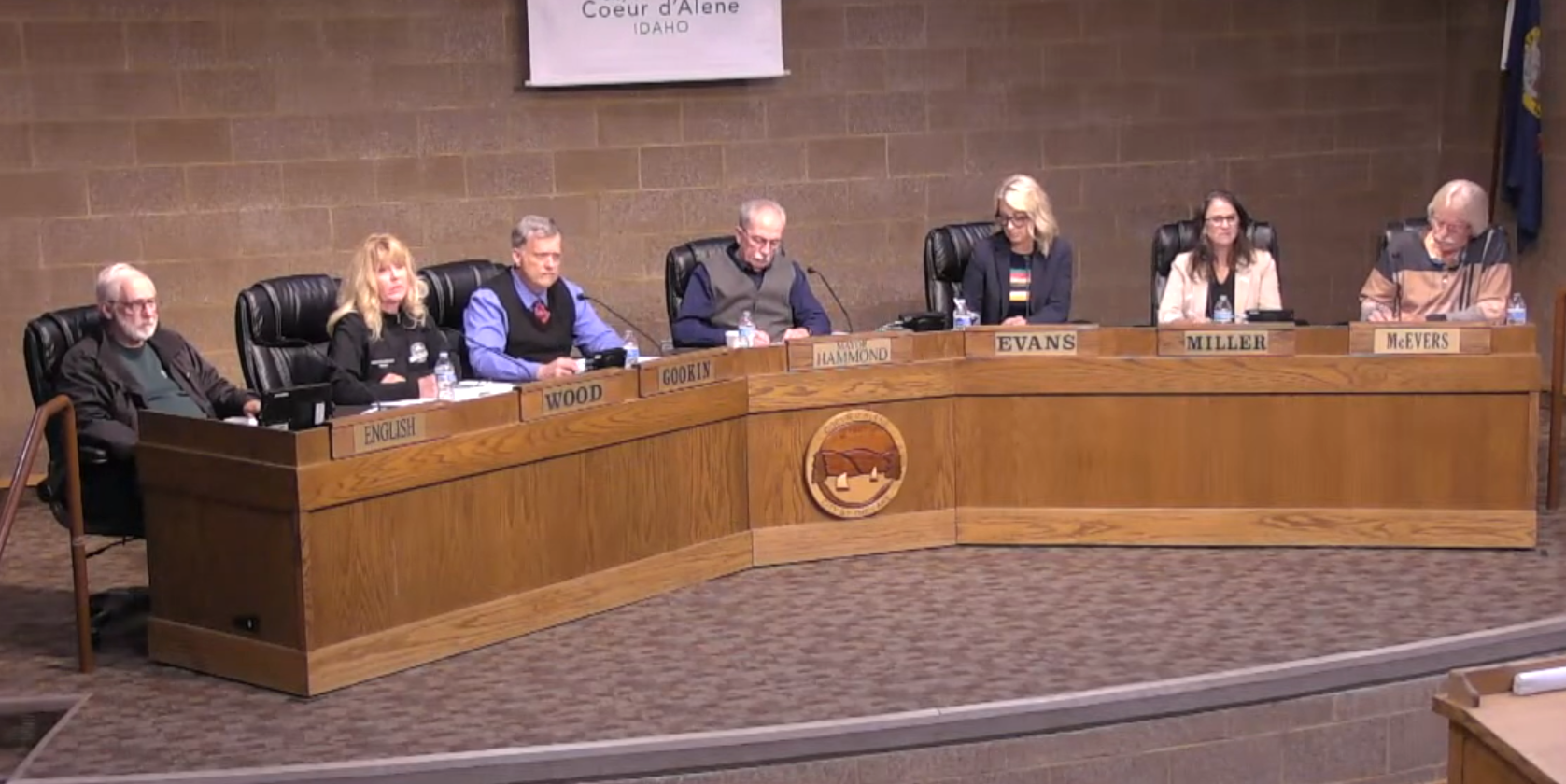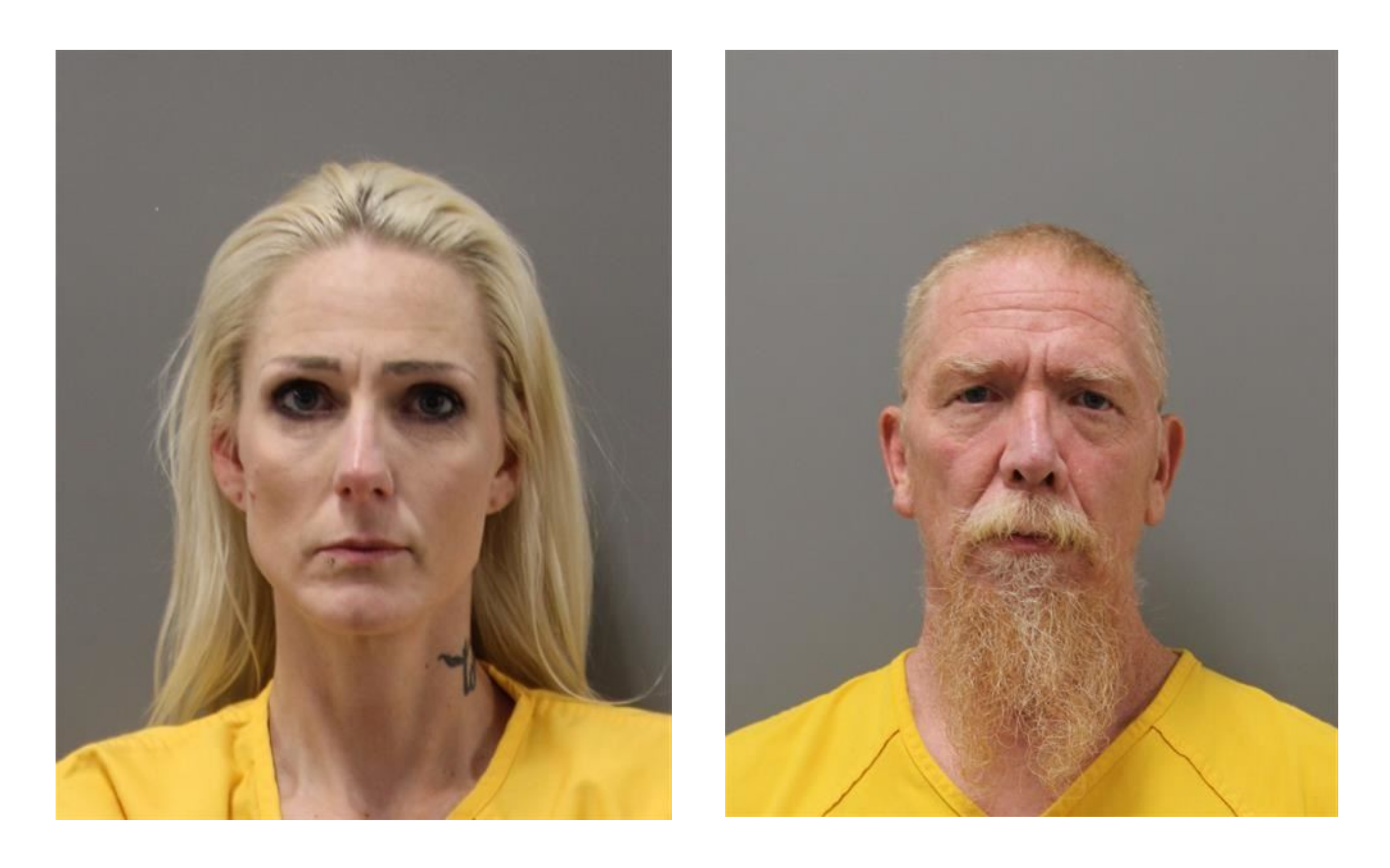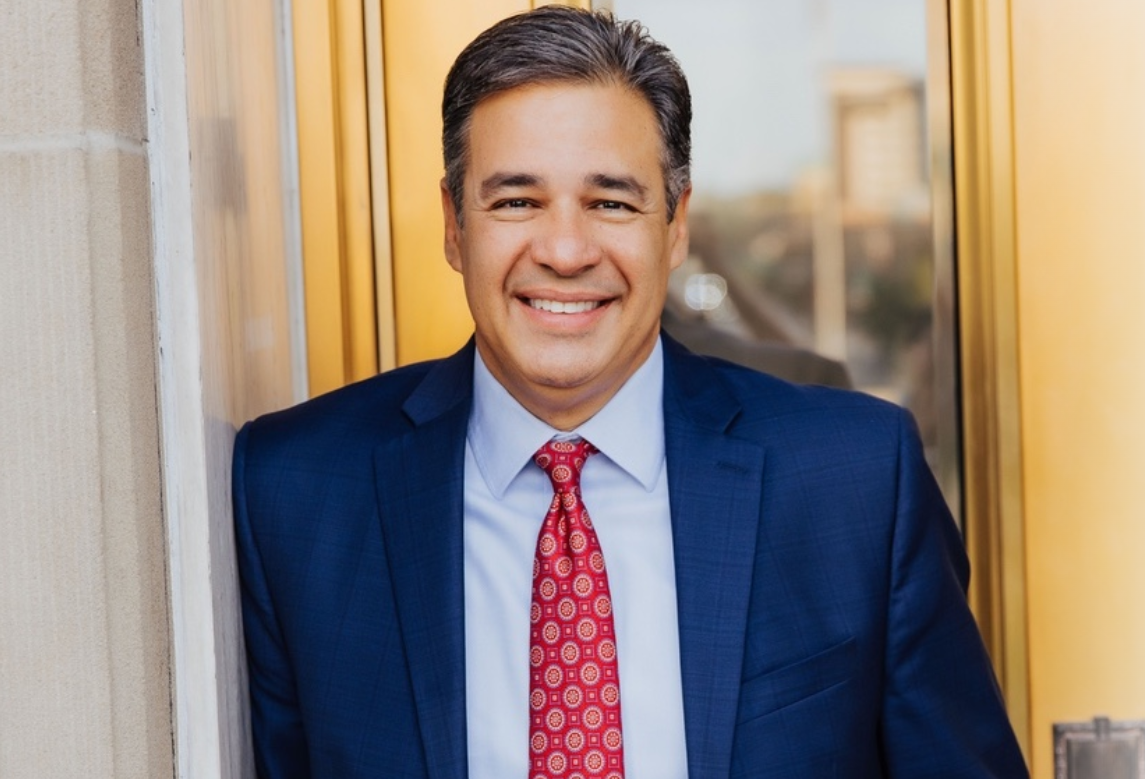COEUR d’ALENE, Idaho – On June 18, 2024, Coeur d’Alene Police Chief Lee White presented amendments to the city’s municipal code regarding security agent licenses to Mayor Jim Hammond and council members at the city’s regular council meeting.
“The proposal in front of you tonight is to amend a code that was last looked at in 2009,” stated White in his opening remarks. “The majority of the amendments that I am proposing tonight deal with helping the public reduce instances of misidentification.”
Strong objections to some of the amendments were raised previous to White’s presentation. During the public comment section of the council meeting, several individuals with the security industry expressed their concerns.
Paul Trouette, CEO of Lear Asset Management, a security contracting firm that operates all over the United States and has worked with law enforcement at the local, state, and federal level, said his goal in speaking before the council was to point out the few changes that he thinks are legitimate and the few that he thinks are overreach.

“Relationships with law enforcement, in my estimation, are very important and very vital to the security of our citizens and businesses in the community,” stated Trouette.
Trouette believes good communication between law enforcement and security personnel, along with common goals and standardized protocols, will reduce confusion in the field. He said everything down to Section 4 is “very reasonable,” with Section 2 a “no-brainer” as training is essential. When it comes to placing large letters saying “SECURITY” on vehicles, Trouette is on board since it is important to clearly distinguish between security patrols and law enforcement patrols.
However, when it came to regulating logos on the vehicles, Trouette stated, “We are in the private industry, so all of us have designs and things that we come up with, so I think we might be overthinking this … It could be construed as overreach when we start looking at trying to make people change their whole fleet of 20 cars. That can be expensive for companies.”
The allotted three-minutes for public comment expired before Trouette was able to articulate other amendments he found concerning, so Councilmember Dan Gookin asked if Trouette’s objection was only to Section 4.
“No,” responded Trouette, whose objection extends to Section 5 and Section 6. His concern is with the language ‘on behalf of a third party’ in regards to crimes committed in the presence of security contractors, as well as regulations mandating copies of contracts to be on hand at all times and identification cards issued to all employees. “This is a lot of admin work which would be expensive.” He shared that in all his years of working in this industry no other agency has ever asked for this kind of thing.
White claims he wasn’t “in search” of a problem and said that misidentification has been a problem that his department has been dealing with for some time. White made references to situations in which security personnel were confused with law enforcement officers, or acted as if they were law enforcement officers, within the last year in Coeur d’Alene.
It is unclear at this time whether Coeur d’Alene PD has any incidents to investigate as no case number was cited. White also made reference to two cases, one from Washington and one from California, in which security service agents acted “inappropriately” as police officers. There was no mention on how these cases correlate to the Coeur d’Alene community.
“The only real reason I am requesting these changes, though, is to help the public identify who is a security guard and who is a peace officer,” stated White. “There is one company in particular who looks so similar to a sheriff’s deputy that one of our patrol officers asked that individual for a supplemental report, thinking that they were a sheriff’s deputy.” The company White is referring to is Gates Security.
“I have spoken with leadership from the Kootenai County Sheriff’s Office, they support this proposed change,” shared White.
Scott Wagenseller, founder of Gates Security, a company that provides alarm and camera installation and monitoring, 24-hour patrol and response, and private services for events, offered public comment in which he vehemently opposed several of the amendments. “This law restricts residents and businesses the right to protect themselves and their property without a prior notice, review, and approval of the city police,” stated Wagenseller. “This overreaching law requires certain persons to wear distinctive emblems of the city’s choosing in a crass and belittling manner. These persons are then to carry papers on them with identification that are to be surrendered to the city police at any time to justify their presence and actions in the city.” Wagenseller likened the ordinance to those enacted 80 years ago in Nazi Germany.

However, the “authoritarian overreach” was not Wagenseller’s only concern. He stated, “Your city bureaucrat Lee White has presented this self-serving and overbearing law with only four days’ notice and no community input, no stakeholder involvement. This kind of contempt for your position also shows his contempt for the citizens he serves. This overreach of city authority to regulate a business … solves no problems, does nothing to improve public safety, and shows that the city police chief is aimed only at increasing his regulatory powers … Please consider whether this is his contempt or simple negligence.”
Gates Security Director of Business Development Griffen Dietrich, a downtown Coeur d’Alene City resident, stated, “In no way do these proposed changes benefit the public or the security industry. The only purpose that this amendment achieves is to diminish the ability of security to effectively operate at their clients’ requests.”
“It is important to note that this amendment’s genesis is nothing more than the fear of impersonation, even though impersonation is a deliberate and intentional act,” continued Dietrich. “Relating to Section 4 … laws mandating the appearance of security uniforms and vehicles are not only a violation of freedom of expression, but would also prohibit the right for clients to choose how their security providers appear.”
Dietrich believes the language is ambiguous and places far too much control into the hands of one city employee. “This entire section is a violation of the 1st Amendment, relating to commercial free speech. This amendment does not pass the Central Hudson Test, which is a four-pronged test established by the Supreme Court to determine if a regulation actually satisfies the 1st Amendment.”
Furthermore, Dietrich believes Section 5 violates Idaho §19-604, known as citizen’s arrest rights. “This provision would render security unable to protect its clients.”
“Relating to Section 6, put plain and simple, the police have no right or need to be informed of private contracts made between private entities,” stated Dietrich. “These contracts contain private information such as rates, contact information, payment information, and contractual provisions, all of which are confidential.”
He went on to explain that the goal of private security is to prevent crime, while it is the responsibility of law enforcement to apprehend criminals and that the proposed changes do not aid in these endeavors.
Dietrich urged the council not to pass the “draconian measures” which he believes fail to protect the public interests.
White briefly addressed the concerns relating to language covering citizen’s arrest, however, he did not offer any additional comments in regard to mandating security personnel carry copies of their contracts.
Section 5 states, “A security agent working on behalf of a third party shall have in his/her possession, at all times while working as a security agent, a copy of the contract providing their authority on behalf of the third party. If a security agent is authorized to make a citizen’s arrest on behalf of the third party, the contract must expressly [authorize] a citizen’s arrest.” According to White, this language does not prohibit individuals to act within Idaho statute.
“I feel this is a lot of overreach, a lot of too much government here,” stated Gookin during discussion. “We are getting into the nitty-gritties on what we can tell someone to wear on his uniform.” Gookin said he understands the chief’s concern, “I think it’s valid. I also think it’s specific to a certain company.”
“If you’re gonna hire a security guard, it’s kinda your choice how they are going to be dressed,” continued Gookin. “You can dress them in a tuxedo if you wanted to or you could have them just look like a member of the crowd.” Gookin does not believe wanting a security guard to resemble law enforcement equates to impersonating a police officer and that the “existing rules are fine.”
The excessive expense imposed on private businesses to comply with White’s proposed amendments were also a drawback for Gookin who would like to see the city be more business friendly.
“I understand everyone’s concern, it’s just this, to me, seems like a little bit too much government,” Gookin stated in his opposition to adopt Council Bill No. 24-1008. He also pointed out that it is already illegal to impersonate a police officer.
Councilmember Christie Wood appeared to dismiss people’s concerns when she stated, “I’m glad this is coming forward … some of the public comments I found pretty incredible. We’re not the Wild West. We do have a professional law enforcement agency and we do have city ordinances, city codes, and we expect security companies to comply with them.”
“I don’t have any concerns with the ordinance changes,” continued Wood. “I think they are reasonable and necessary.”
Gookin was the sole dissenting vote when the council approved all of White’s proposed amendments as written to the city ordinance.







